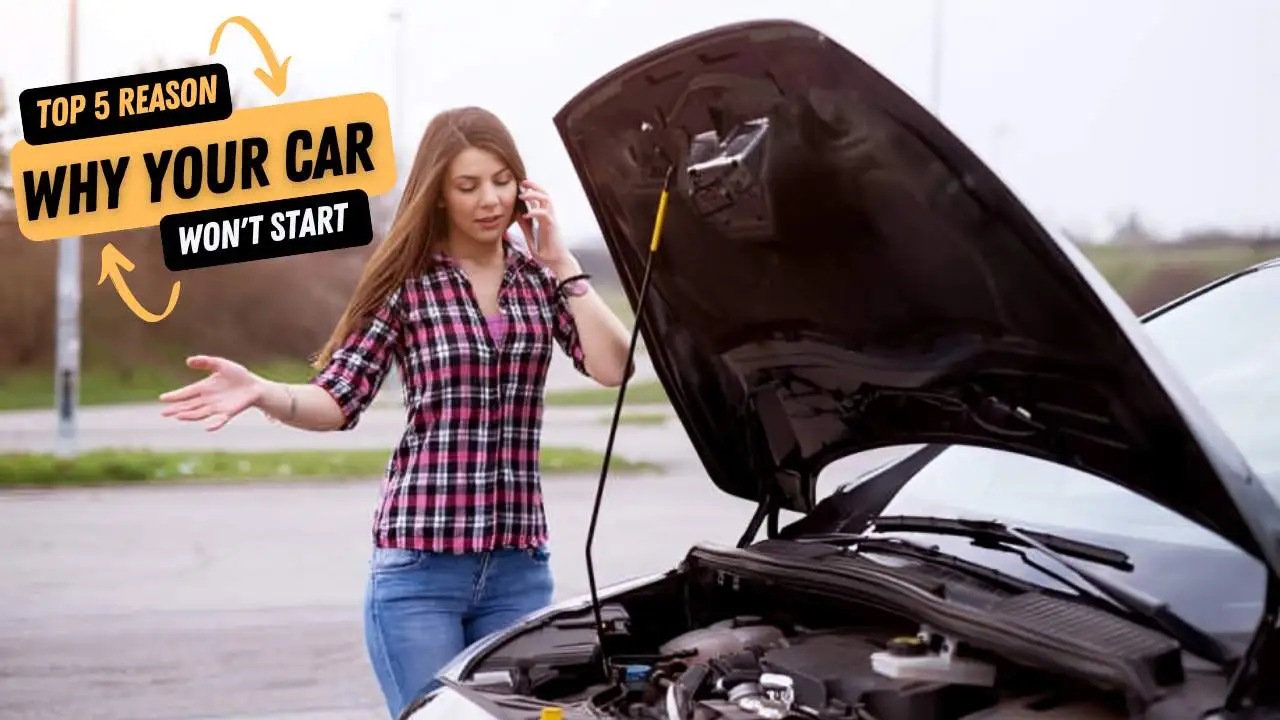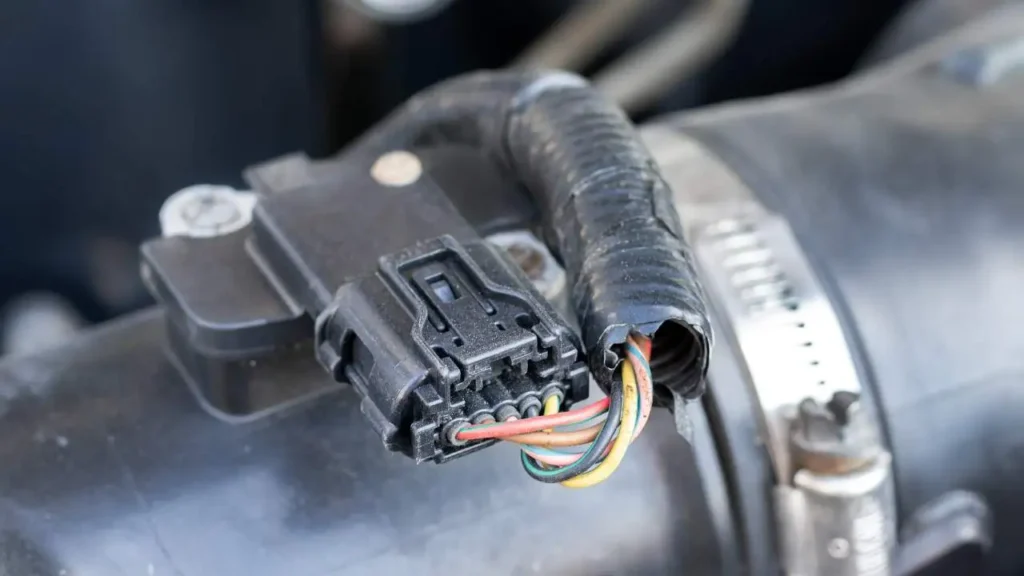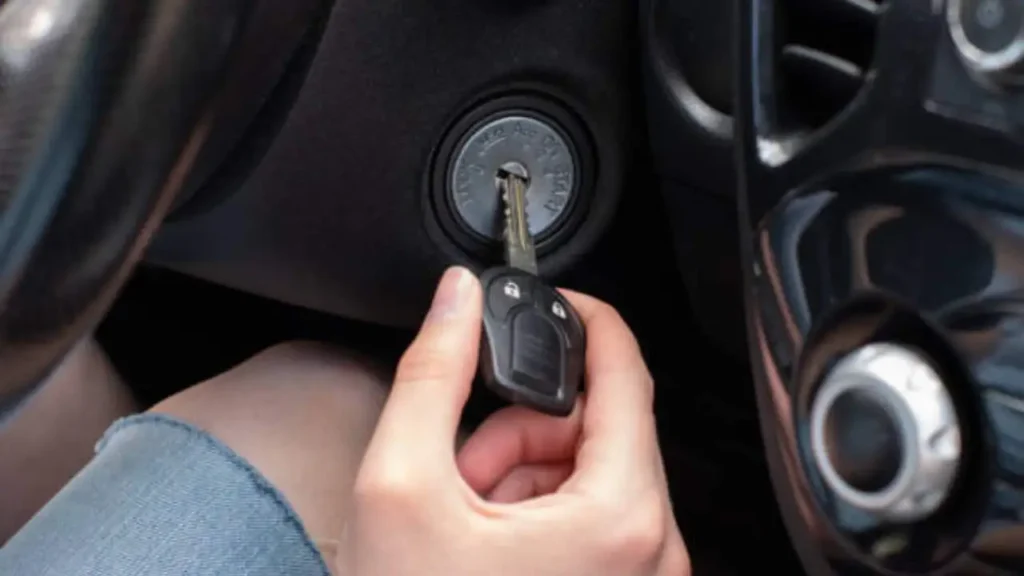GENERAL
5 Main Reasons Why Your Car Won’t Start You Wouldn’t Necessarily Think of

Like most responsible vehicle owners, you make sure your vehicle receives regular proper maintenance. However, you may not notice several issues during your regular maintenance, even if you have a mechanic do the work. Some of these issues can prevent your vehicle from starting. You may feel exposed and alarmed if you walk out of work and your vehicle won’t start. These are some unexpected reasons it may occur.
Table of Contents
Main Reasons Why Your Car Won’t Start
Faulty Mass Air Flow (MAF) Sensor
The mass air flow sensor in your vehicle sits in the exhaust manifold and monitors and adjusts the fuel-to-air mixture so that you get maximum, regular combustion. This increases your fuel efficiency and decreases your emissions. It also protects your catalytic converter from clogging with fuel that doesn’t burn completely.

While your vehicle may run temporarily with a damaged or bad sensor, it can cause other more expensive problems with your car. It can also keep your car from starting properly because the mixture is not correct. If the sensor is bad, it needs replacement, but it can also work improperly if it needs cleaning or the wiring gets damaged. You can research how to clean MAF sensor, which may solve the issue.
READ ALSO: What is offset on wheels?
Timing Belt
For your engine’s cylinders to fire properly, you need a working timing belt. This belt rotates or turns the crankshaft and cam in your engine so they turn together. These belts can wear and crack over time. Your engine may tick or rev improperly if your timing belt gets damaged. If it is severely damaged, your car won’t turn over at all. This part of your vehicle may need replacement on a semi-regular basis.
Distributor Cap
Your distributor cap pushes energy into your spark plugs. This cap gets the energy from your ignition coil. If the cap is missing, dysfunctional or otherwise damaged, your spark plugs do not get the energy they need to start your car. Instead, the engine will misfire. Your car may make weird noises, and your check engine light should come on if you have distributor cap issues.
When you check your distributor cap, look for water under it and cracks and breaks in it. If you find damage, replace it or have it replaced by a licensed mechanic immediately.
Faulty Ignition Switch
When you turn the key in your vehicle, you prompt the ignition switch to turn on the vehicle. This switch connects your car’s battery and starter by bringing battery power to the engine. This switch also turns on your electrical system. A bad ignition switch may prevent your car’s entire electrical system from coming online. You will see the dashboard flickering or be unable to use any electrical components after you turn your key. Your key may not even turn.

Fuel Filter
Your fuel filter removes dust, dirt and other particles from your fuel before it enters the engine where it combusts. When this filter becomes clogged, it restricts the flow of fuel into your exhaust manifold. Your engine can misfire, reduce fuel efficiency, sputter and perform sluggishly. It can also prevent your vehicle from starting. Replace your fuel filter regularly, at least every 30,000 miles.
To learn whether you need a new mass air flow sensor, fuel filter, ignition switch or other part, you should have your vehicle diagnosed.
READ ALSO: Using Technology to Curtail Truck Accidents Caused by Speeding
-

 GENERAL1 week ago
GENERAL1 week agoChristofle – For Those Who Dream of Family Heirloom Silver
-

 GENERAL2 months ago
GENERAL2 months agoUncovering the World of кинокрадко: The Dark Side of Film Piracy
-

 GENERAL3 weeks ago
GENERAL3 weeks agoUnveiling the Art of преводсч: How Translators Bridge Language Barriers
-

 SPORTS2 months ago
SPORTS2 months agoDiscover the World of Football with Streameast: Watch Your Favorite Leagues and Tournaments



























